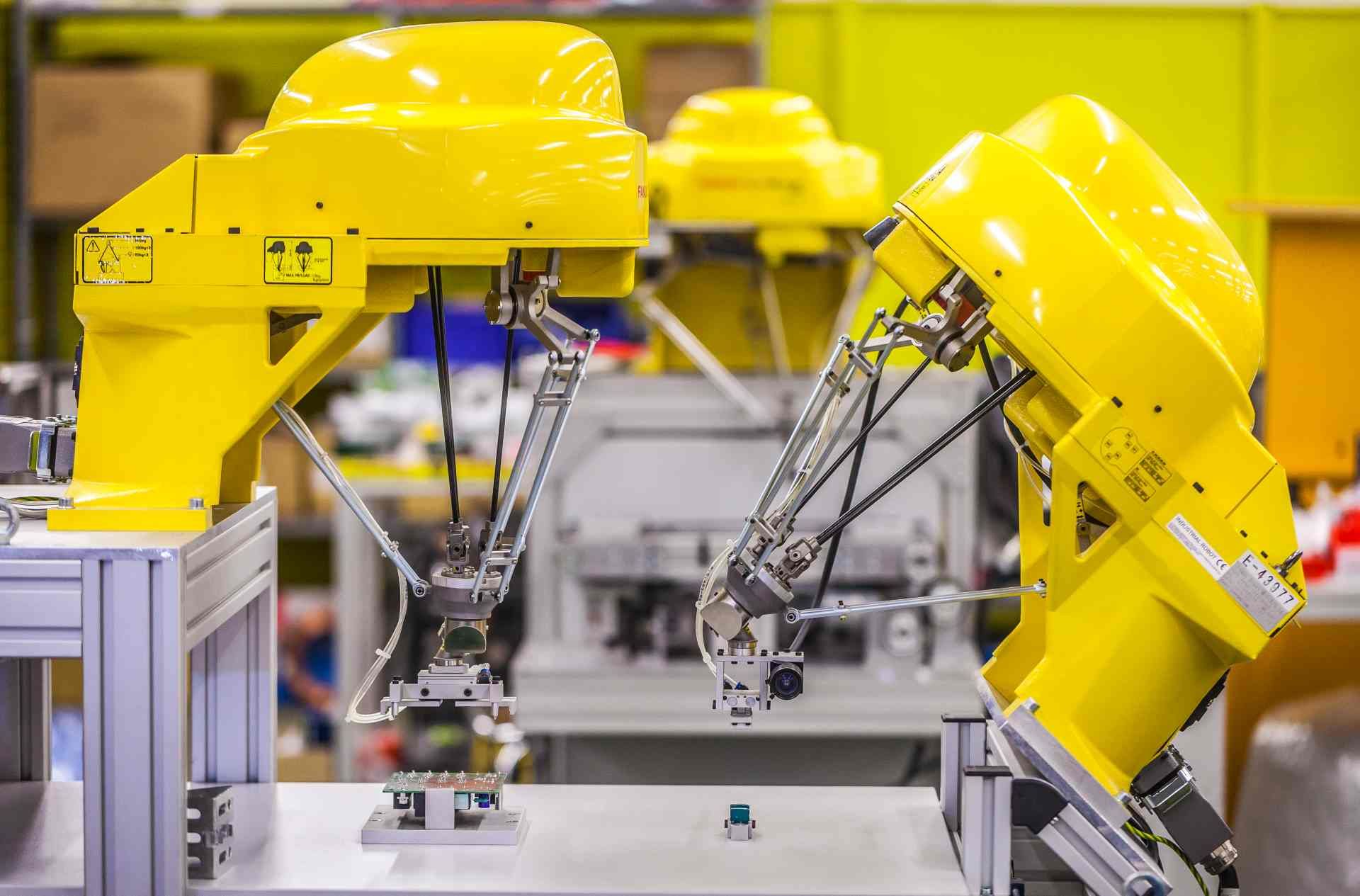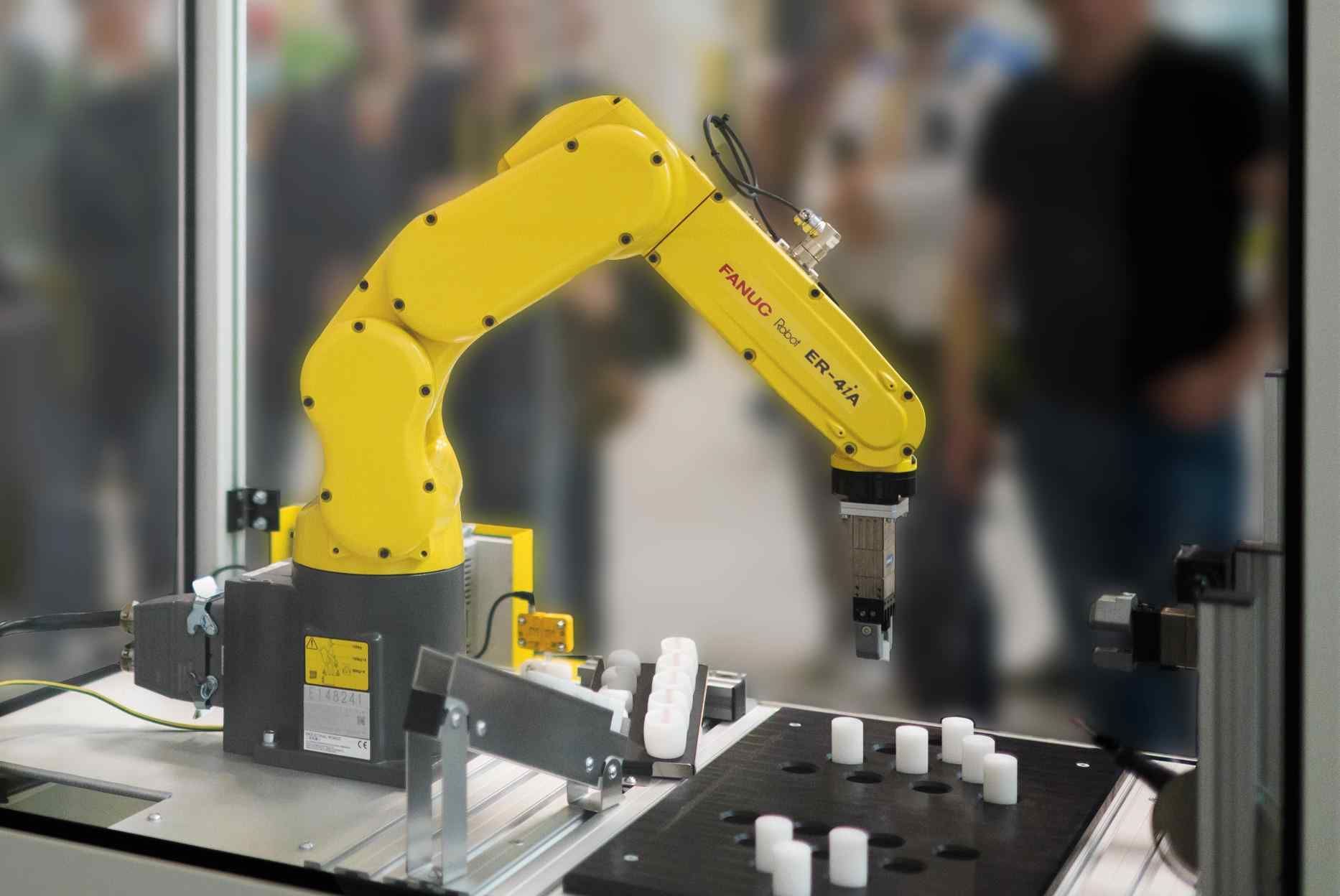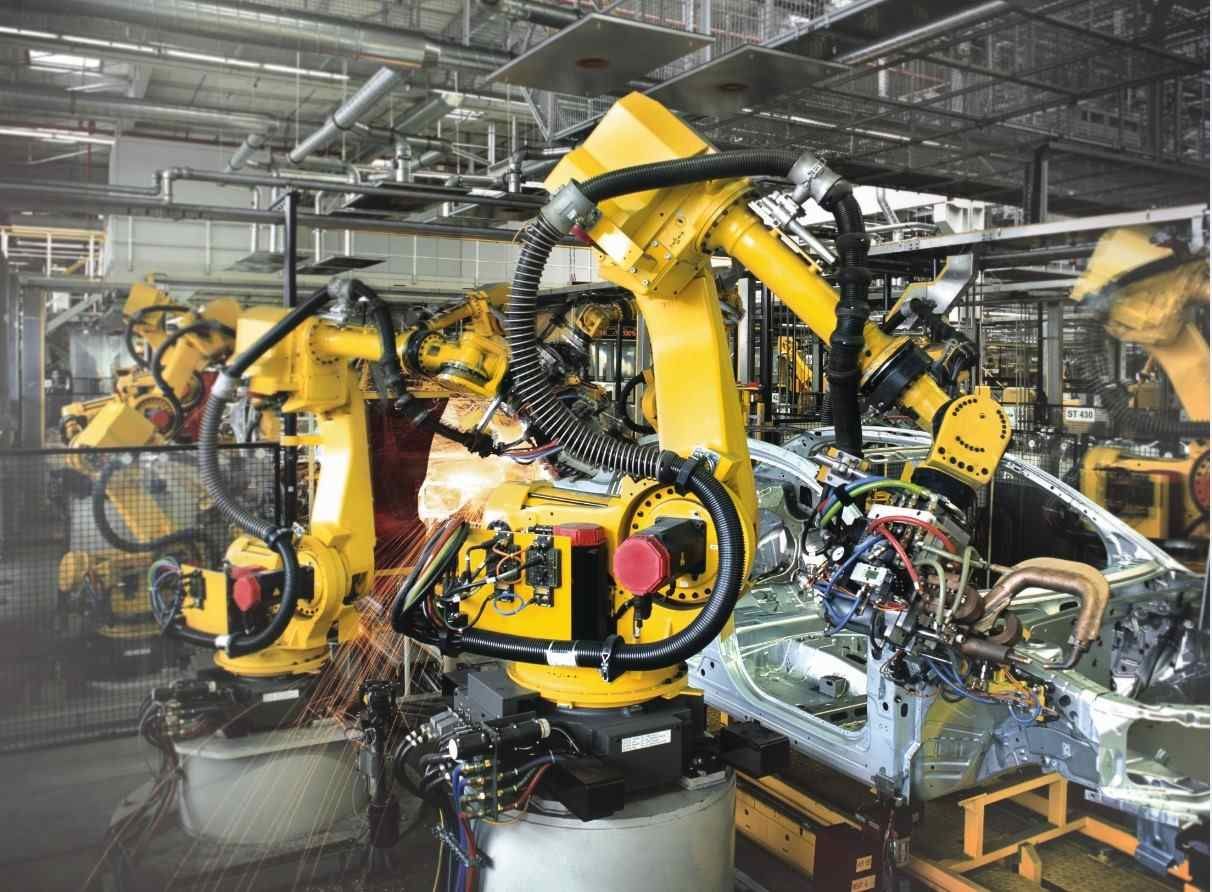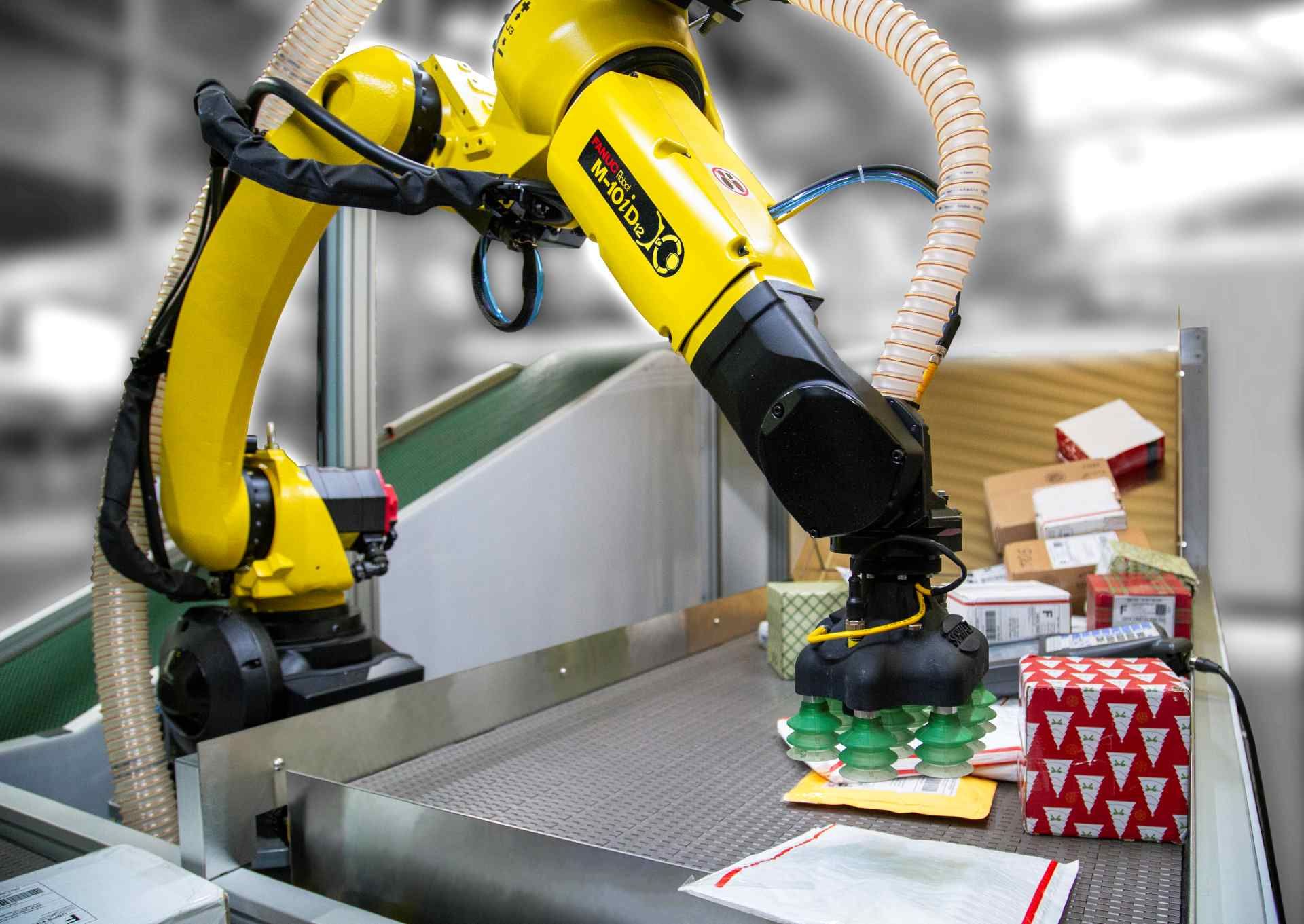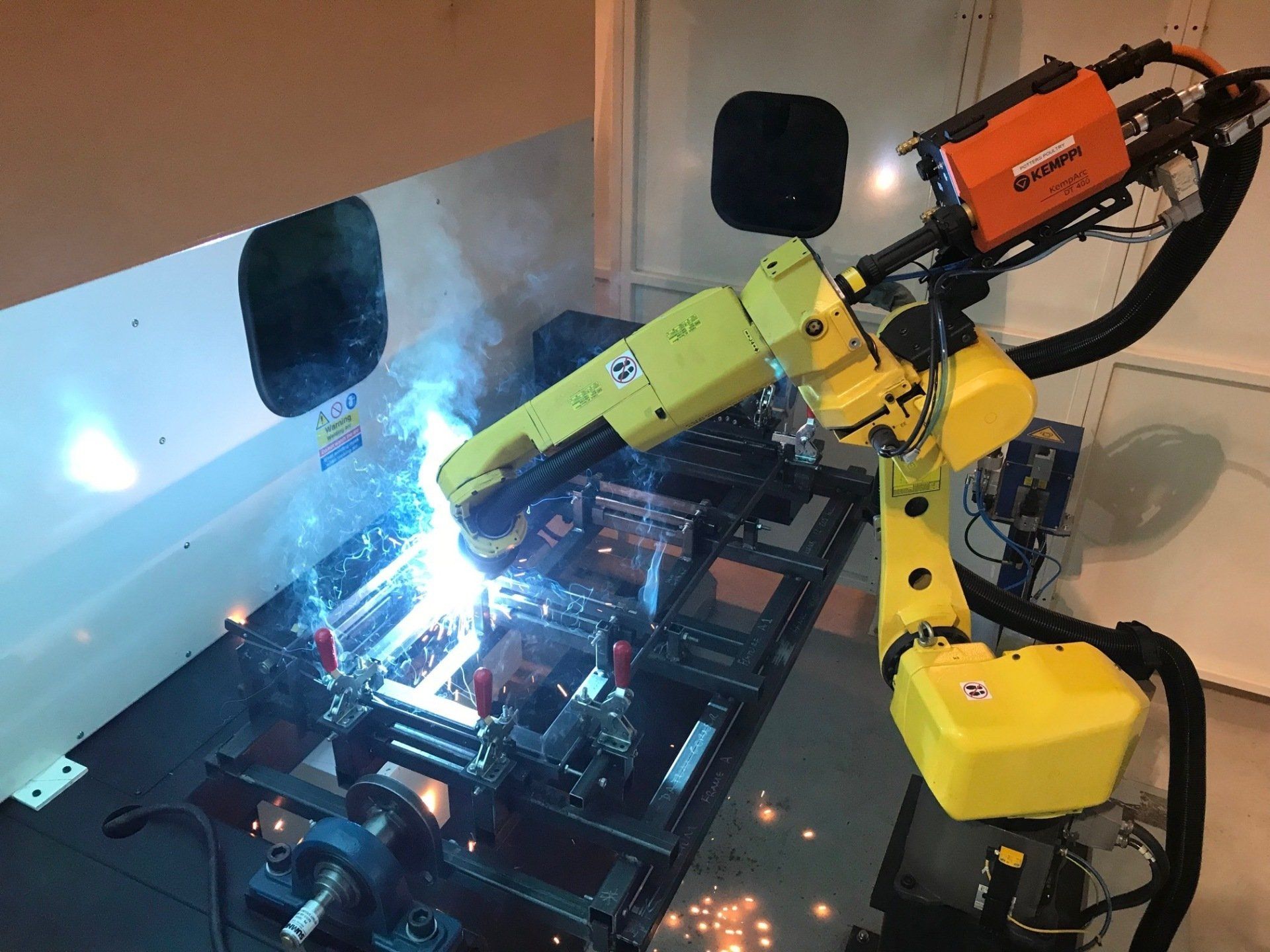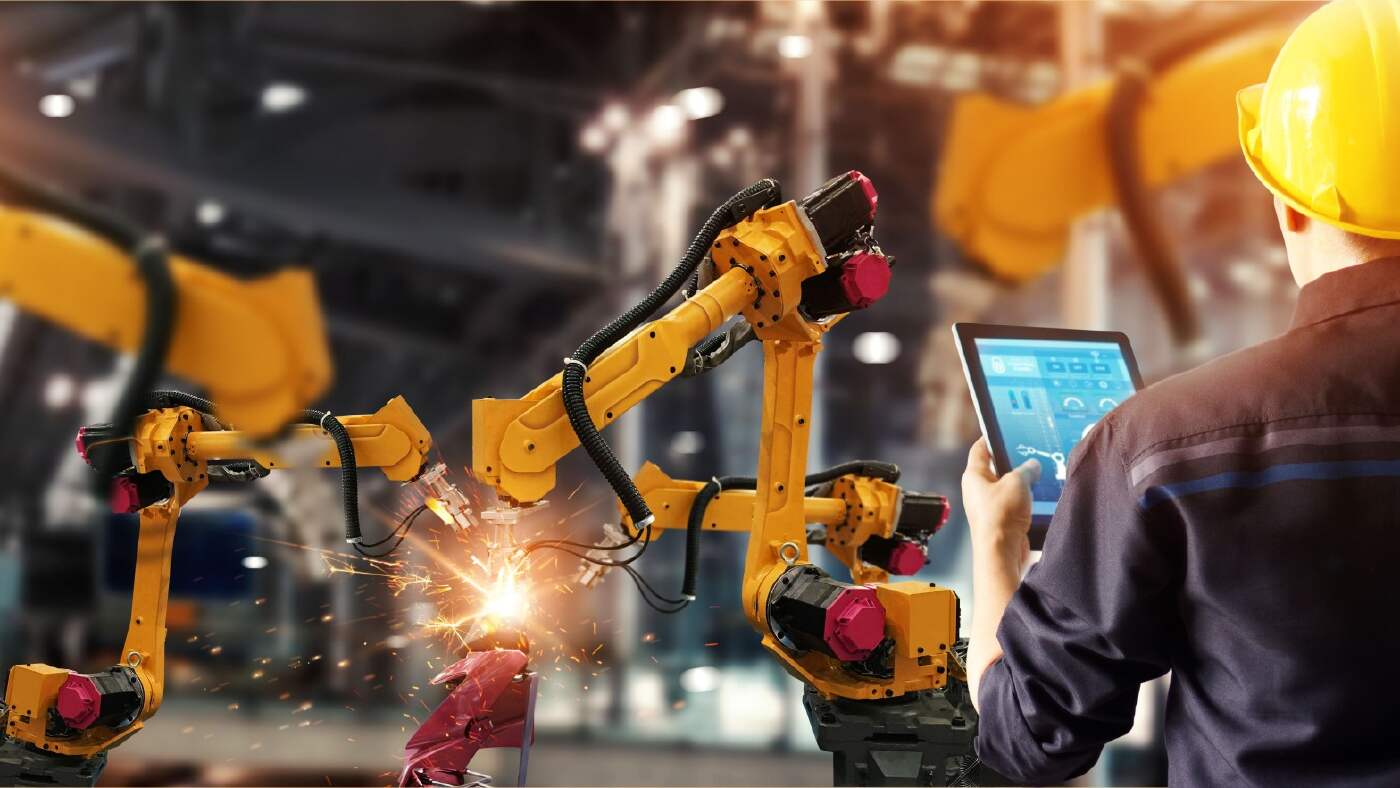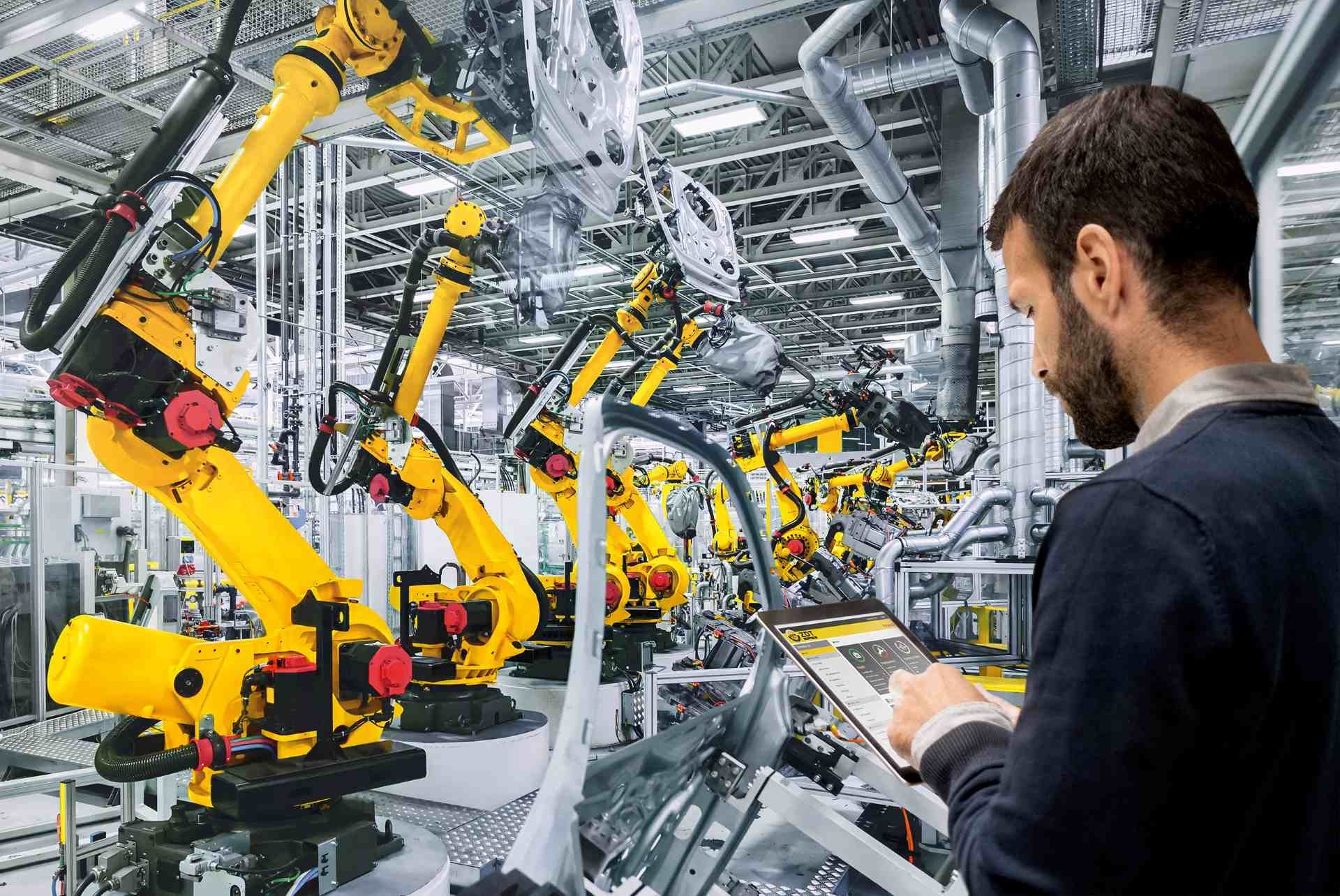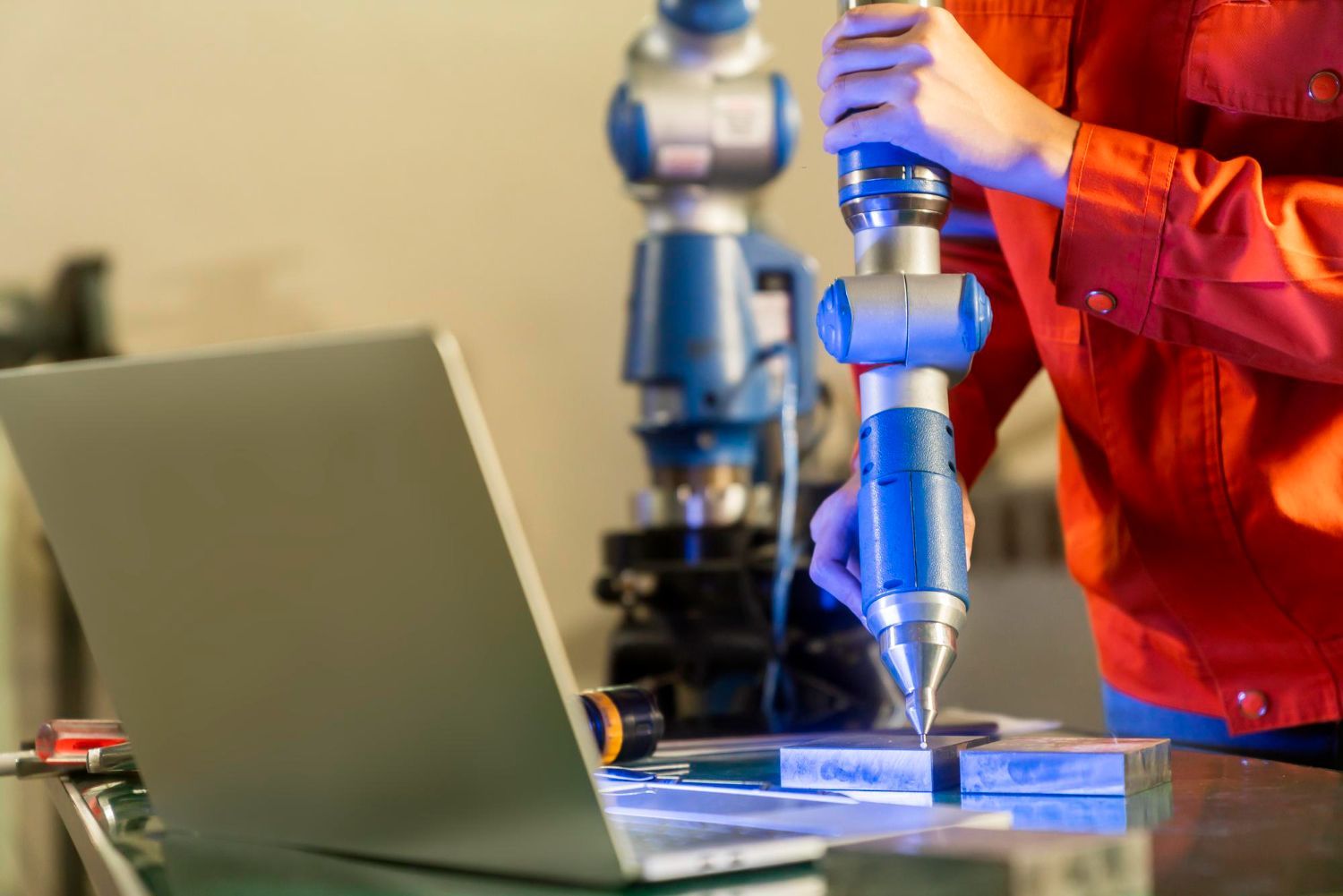Robotics in the Pharmaceutical Industry
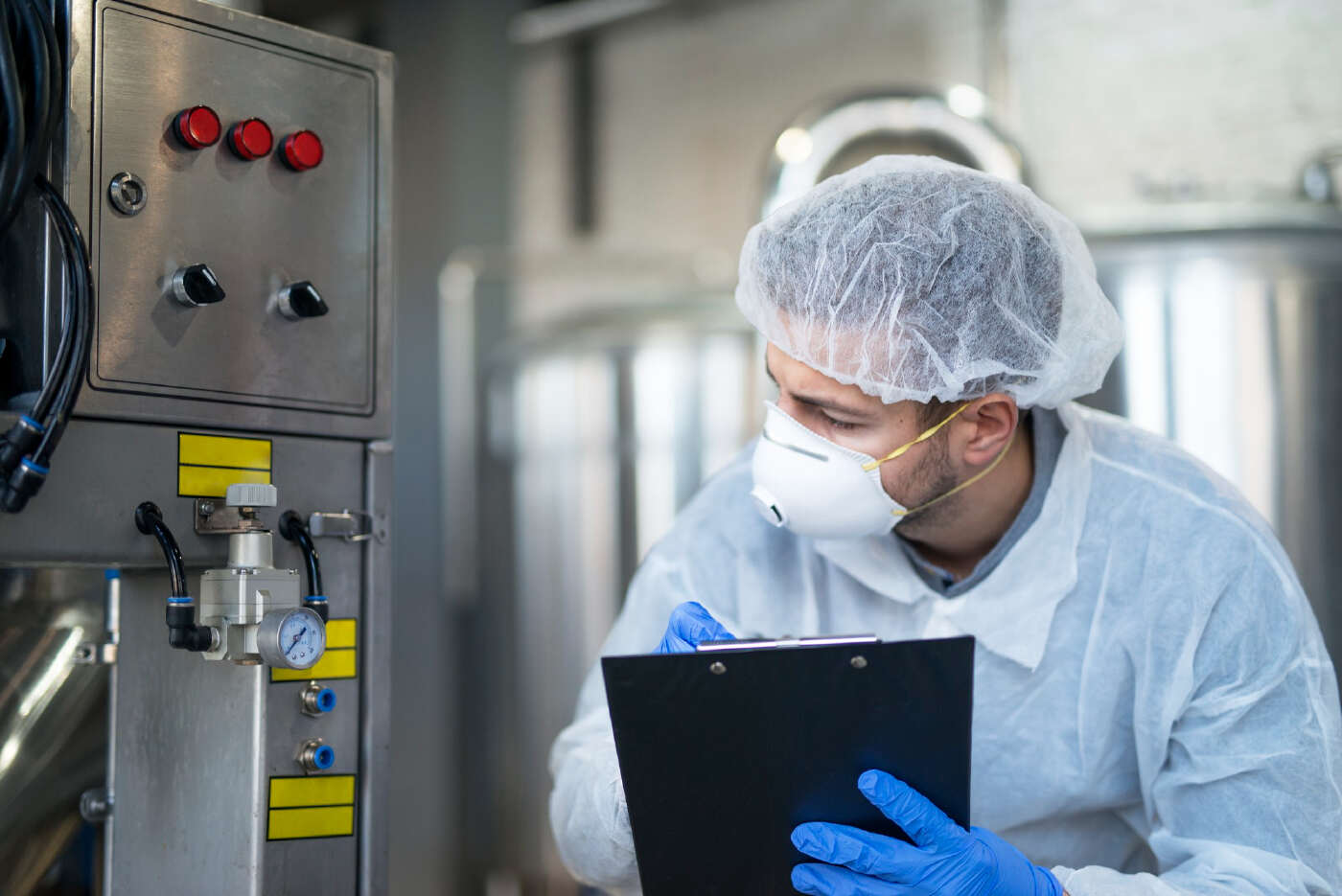
Pharmaceutical robots are utilised at every stage of the manufacturing process. From analysing gene sequences in a laboratory to dispensing medication on a production line, the use of robots in the pharmaceutical industry is widespread.
Automation offers a number of clear advantages to the pharmaceutical industry. Robots allow companies to speed up the design and testing of new drugs, dispense vaccines with improved accuracy and efficiency, and lower the costs of medication.
In this article, we explain how robots work in the pharmaceutical industry including the tasks they perform and the benefits they offer.
What Is Automation in the Pharmaceutical Industry?
Robotics and pharmaceutical automation are nothing new. For decades, the pharmaceutical industry has been automating its production processes, as companies utilise robotic systems to dispense drugs and medication quickly and efficiently.
The recent worldwide pandemic has only made the need for automation more apparent, with pharmaceutical robots playing a vital role in designing, testing and dispensing vaccines. The use of robotics in pharmaceutical automation will only increase, especially as available technologies improve.
Some of the important roles performed by robots in the pharmaceutical industry include:
Analysis and Testing
Pharmaceutical robots are often used in the design or testing stage of new drugs and medications. Robots can help when large quantities or combinations of different compounds need to be accurately analysed in laboratories or on production lines, or when products need to be tested for consistency or safety. Robots also help with important processes like gene analysis, when pharmaceutical companies are in the early stages of drug development.
Dispensing
One of the major roles played by pharmaceutical robots is in the dispensing of drugs, medication and vaccines. Robots can automatically dispense the correct quantities of compounds or materials needed to synthesise important pharmaceuticals, and they can quickly measure out the required doses into vials or syringes.
Sorting
Robots are effectively utilised to sort mass quantities of pharmaceutical ingredients and products during the manufacturing processes. Pharmaceutical robots can be found dispensing or mixing compounds while picking robots can sort different vials or products ready for packing.
Packing
Robots in the pharmaceutical manufacturing sector typically find use throughout the production process, including the final packing stages. Pharmaceutical robots are often used to pick and pack medication, ready for storage or transport. They can also be used to palletise large quantities of products, ready for mass distribution.
How Are Robots Used in the Pharmaceutical Industry?
Robots are used in the pharmaceutical industry for a variety of different reasons. Some of the most important reasons to use them include:
Reducing Time to Market
Pharmaceutical robots allow companies to seriously reduce the time it takes to get a new product onto the market. Robots speed up the design and testing stage of the development process, while allowing new products to be mass manufactured and distributed. This can help save lives.
Scaling Production
Automation allows companies to massively scale their production levels when necessary. Robots perform tasks quickly, accurately and efficiently, allowing drugs and medication to be dispensed and packaged on an industrial scale.
Lowering Costs
Pharmaceutical robots help companies to lower their production costs. They improve efficiency, reduce waste, and lower operating overheads. This means that pharmaceutical companies can produce more products at lower costs.
Improving Health and Safety
Robots in the pharmaceutical industry are used to improve health and safety standards in the workplace. Robots typically perform monotonous and often dangerous tasks, removing the need for humans to continue undertaking hazardous roles.
How to Automate Processes With Robots in the Pharmaceutical Industry
If you’re looking to automate processes with robots in the pharmaceutical industry, there are several steps you can take to begin. These include:
- Consider the benefits that automation can have on your current production processes.
- Look at the different types of robots, such as Cartesian robots or delta robots, which could effectively be incorporated into pharmaceutical manufacturing systems.
- Have a professional robotics expert undertake an analysis of potential automation systems that could be implemented.
- With the help of robotics experts, have a bespoke robotic system designed and installed at your pharmaceutical facilities.
Contact Cyber-Weld Today for More Information on Robots in the Pharmaceutical Industry
If you’d like to know more about robotics in the pharmaceutical industry, our expert team is here to assist.
Cyber-Weld provides a comprehensive range of robotic services, including an extensive array of bespoke pharmaceutical robots designed for industrial
use.
Contact Cyber-Weld today to find out how we can help you.

